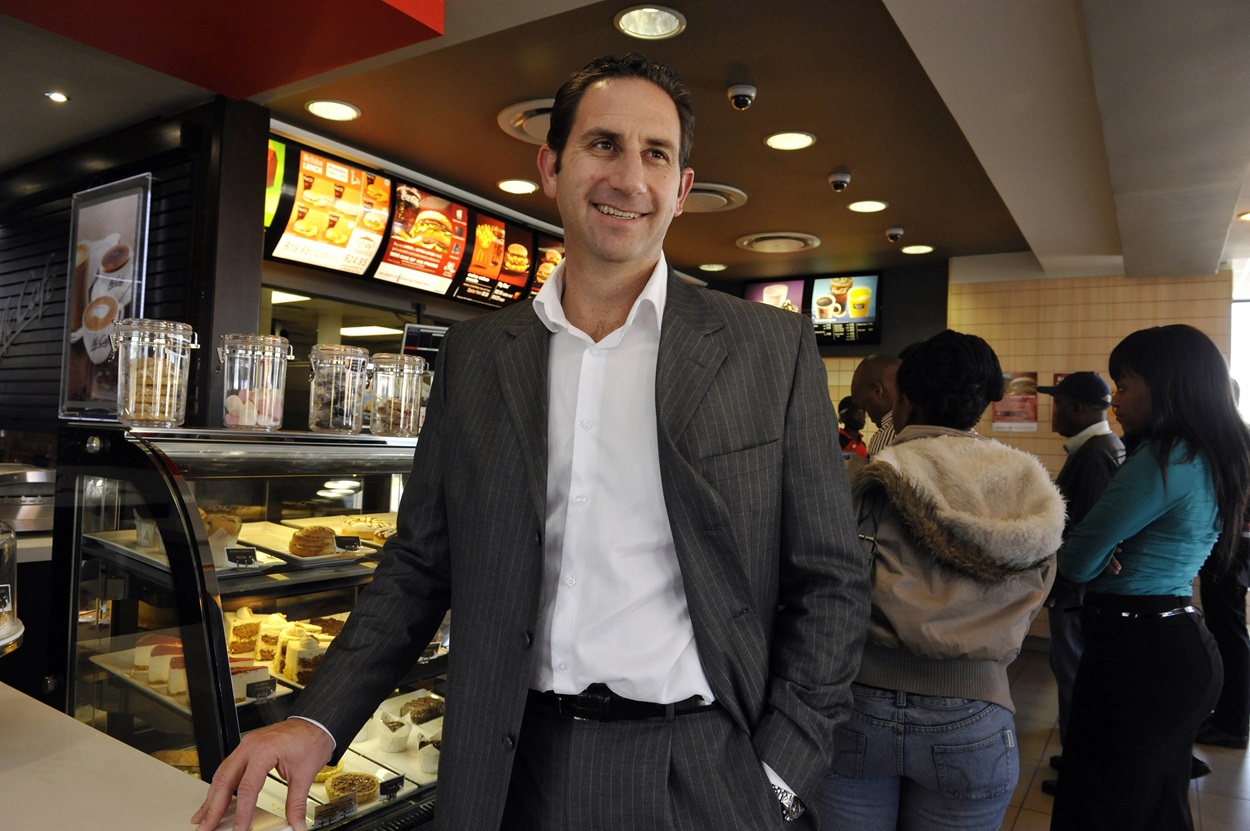Another year is nearly over and January is almost here with its weeks of financial stress, unless you have new money habits.
Although everybody is winding down as the end of a difficult financial year approaches, now is a good time to start new financial habits to put you on the road to financial success in 2025.
Momentum recently conducted research with a group of its clients to explore financial wellness in households and found that 33% of financially stressed individuals reported feeling they have little control over life’s challenges, while 52% of financially secure individuals believe they can always take action to improve their situation.
“This contrast reveals a critical lesson: how good financial habits can foster resilience and peace of mind. Financial success is not only measured in rand value but rather in how we make smarter money moves with what we have available,” JJ van Wyk, a financial adviser at Momentum, says.
“Building the right habits helps you to create a foundation for long-term financial security, no matter the economic climate,” Van Wyk says.
As the country continues to wade through a cost-of-living crisis towards the end of the year, Van Wyk recommends these five key habits to put any household on the road to financial success in 2025:
ALSO READ: Want more money? Here are the personality traits that influence money habits
#1: Save, invest and avoid impulse purchases
Van Wyk believes the cornerstone of financial stability is saving and investing. The Momentum/Unisa Household Financial Wellness Index reveals that many South Africans struggle to live within their means.
“By developing a habit of saving, even in small amounts, financial stress can be whittled away bit by bit. Impulse spending can derail your financial goals. By committing to a budget and prioritising your savings, you create a safety net for the unexpected and build wealth over time.”
#2: Seek professional advice for better money habits
Financial decisions, especially major ones, can have long-lasting implications and make or break your future aspirations. Van Wyk says it is fine to accept the fact that we cannot know everything about the increasingly complex world of finances.
By consulting with a financial adviser, he says you can save yourself from costly mistakes and gain expert clarity on the best way forward according to your household’s unique circumstances.
“People often delay seeking advice until it is too late. Having an expert guide can make all the difference in achieving your goals. It is extremely important to seek out and work with a financial adviser you trust and feel comfortable with, one who understands your needs perfectly.”
ALSO READ: How people’s heritage shape their money habits
#3: Review your finances regularly
Like it or not, money drives our daily lives and we need to plan around it. Van Wyk says establishing a routine to assess your financial progress is essential. That means regular reviews, either monthly or quarterly, to ensure your plans align with your financial goals and current reality.
“Annual reviews and a financial needs analysis with your financial adviser are a must to help you stay on track and adjust to life’s curveballs.”
#4: Avoid retirement mistakes
Many South Africans face the risk of outliving their retirement savings due to insufficient planning. Van Wyk stresses the importance of starting early and being consistent.
“Retirement planning should begin as soon as you start earning. Even small contributions now can lead to significant growth over decades.”
ALSO READ: The financial habits young people need
#5: Don’t be a credit junkie
With easy access to credit, it is tempting to borrow for short-term wants but the cost of borrowing can quickly spiral out of control, Van Wyk warns.
“Make it a habit to set aside a portion of your income to pay off debt, starting with either the smallest balance or the highest-interest debt, such as credit cards or personal loans, whichever works best for your budget. The faster you eliminate debt, the greater your financial freedom and control over your finances.”
Cultivating the money habits of success
Achieving financial freedom requires deliberate actions and a commitment to change. The Momentum/Unisa study found that only 15% of households are truly financially literate. Van Wyk believes financial education, paired with disciplined habits, is the key to empowerment.
“Success is not about perfection but about progress. Start small, be consistent and watch your financial future take shape. This is the journey to success that we should all be on.”














